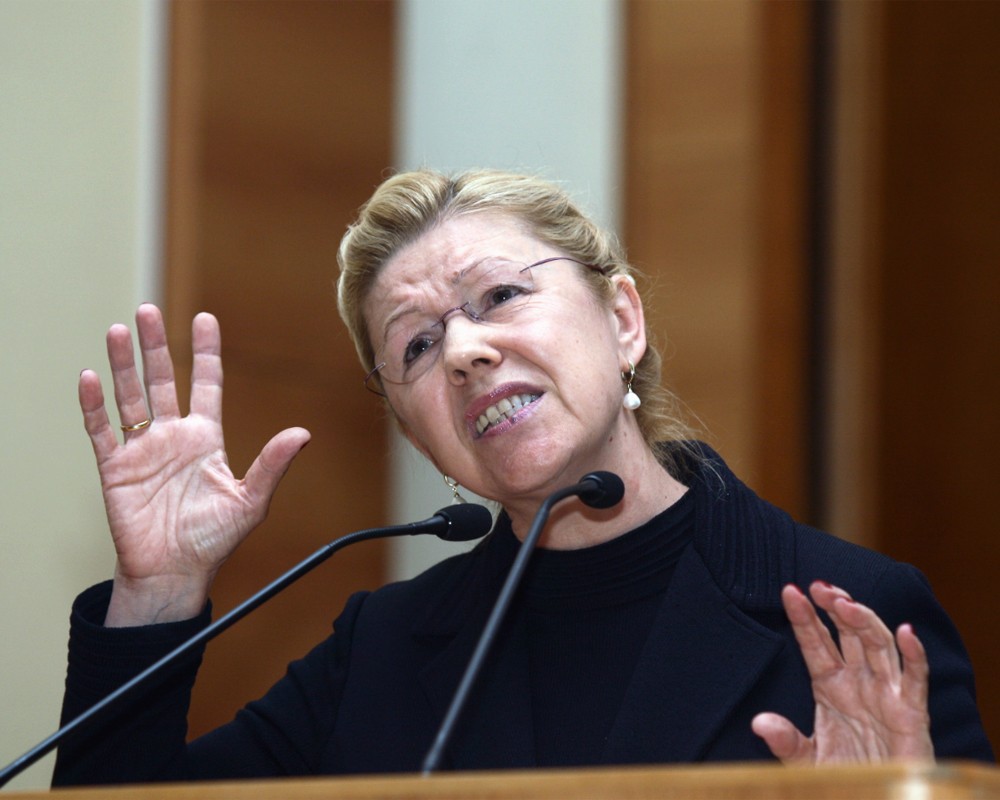Blogs are small media.
 Today, the State Duma of Russia will approve (or not) in the third reading a bill proposed by the Committee on Information Policy, Information Technology and Communications. This document equates bloggers with three thousand readers to the media. The innovations proposed in it caused a lively discussion in the blogosphere, because the duties and penalties for their non-performance are listed in the draft amendments to the law, but the technical features of the execution are not.
Today, the State Duma of Russia will approve (or not) in the third reading a bill proposed by the Committee on Information Policy, Information Technology and Communications. This document equates bloggers with three thousand readers to the media. The innovations proposed in it caused a lively discussion in the blogosphere, because the duties and penalties for their non-performance are listed in the draft amendments to the law, but the technical features of the execution are not.So, if amendments to the Law are adopted, then from August 1, 2014, three-thousandth bloggers will have to not only register as media, but also keep the information about their users for half a year, check the published data, not tell about private life, not give out state secrets, Do not agitate before the elections, and do not swear. Everything, as in a regular newspaper. In exchange, freshly baked mini-media will be able to give paid advertisements on blogs.
Bloggers will be punished for non-compliance with the law: individuals will pay a fine of 10 to 50 thousand rubles, and legal ones up to 300 thousand. Malicious violators or lose 500 thousand rubles, or suspend work for 30 days.
The rigidity of the laws, plus the lack of commitment
There is no statistics on how many three-thousand-bloggers are online. Opinions vary widely. There are obvious leaders of public opinion, say, Tatyana Tolstaya with more than 60 thousand followers on Facebook. She, by the way, had already chided the readers that she would soon have to stop foul, lie and agitate, and all because there were too many of them, readers. And so would have lived quietly.
')
But jokes with jokes, and how to “catch” popular bloggers is unclear. Say, in the days and rush hours (which are calculated for each social network), you can simply post a cat to become a media in minutes. Or write something incredibly relevant, and fly up to the top. And if this is a one-time action, is it necessary to register?
In addition, how to count visitors? Only live people and regular readers registered on the blog (as well as friends and subscribers in social networks), or bots and occasional guests too? It is known that the top ten of Yandex include blogs from 14,000 to 160,000 readers. Top 10 Twitter accounts collect from 168,000 to 270,000 readers, Livejournal - from 13,000 to 30,800. But no one counted how many blogs 3,000 people read daily. Facebook doesn't have such statistics at all - it counts only visits to groups.
 Even if the owner of social networks and providers keep records, how to get them to share information with government agencies and block recalcitrant ones? For example, Pavel Durov has already stated that he did not give out the data of Euromaidan participants to the Russian FSB. In his opinion, the citizens of Ukraine do not fall under Russian jurisdiction. That is, there are several million people around the world writing in Russian and registered in Russian social networks, but at the same time not being Russians. How to deal with them? The same Durov refused to block Navalny’s account ...
Even if the owner of social networks and providers keep records, how to get them to share information with government agencies and block recalcitrant ones? For example, Pavel Durov has already stated that he did not give out the data of Euromaidan participants to the Russian FSB. In his opinion, the citizens of Ukraine do not fall under Russian jurisdiction. That is, there are several million people around the world writing in Russian and registered in Russian social networks, but at the same time not being Russians. How to deal with them? The same Durov refused to block Navalny’s account ...Roskomnadzor, apparently, will have to create two registries, one to include sites and hosting providers that will store information about users. In the second - popular bloggers. But if the last are tens of thousands, then how many man-hours will they take to “catch”, and are there such resources? And will Facebook and Twitter agree to keep a record of visits, or will they allow external auditors in their kitchen?
We wanted the best, it turns out as always
Most likely, even if the law is passed, bloggers and social networks immediately begin to look for ways to circumvent it. Which, with vague wording and complexity of control, a lot.
Let's say bloggers will register in non-py zones. Unlock locked accounts using special programs. And instead of writing xxx, “the pea muduli,” as Tatiana Tolstaya suggests. Quite by the way, legally.
Source: https://habr.com/ru/post/220351/
All Articles